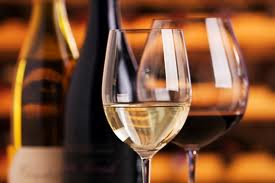by Wine Owners
Posted on 2012-06-28
“The consumption of wine throughout the Indian sub-continent and in Persia was common 1,000 to 1,500 years ago,” according to Chris Devonshire-Ellis, principal of Dezan Shira & Associates. “In more moderate Islam it was acceptable – in moderation – and the Sufi poet Rumi is well known for his verses comparing God with the delights of the grape. (Huffington Post).
So there is wine culture deep in the psyche of the Indian sub-continent.
Imported wines in India currently attract a 150 percent tariff, in addition to duty of 4 percent. Taxes – at varying rates – are then imposed by India’s individual states. These vary from between 30 percent to 100 percent depending on the state, and have made India a wasteland for quality imported wines. Low-end brands that would retail elsewhere in Asia for US$12-US$15 typically cost upwards of US$50 a bottle.
Now a proposed deal with the EU would reportedly reduce import duties to 40 percent, boosting the sale of wines in many states.

India is a rapidly growing market and the demand will only get higher with the proposed changes. Like other areas of Asia, wine has grown immensely in popularity in India over the past decade, as a rapidly expanding middle and upper class can increasingly afford high value imported products. Wine imports have doubled over the last two years, and with India’s consumer markets expected to quadruple over the next two decades, the lowering of import duties is expected to have a significant impact.
The current trade negotiations between the EU and the Indian government have been going on for four long years but – finally – a deal looks about to be struck this year. This could have a dramatic impact on the global wine industry.
Any deal would see India slash tariffs on imported alcohol in return for an opening-up of the European market to India.
Don't expect a rerun of the China boom however. The experience with the Bordeaux First Growths boom and bust cycle during the period 2008-2012 should instill due caution into would-be drinkers, collectors and investors wherever they are.

